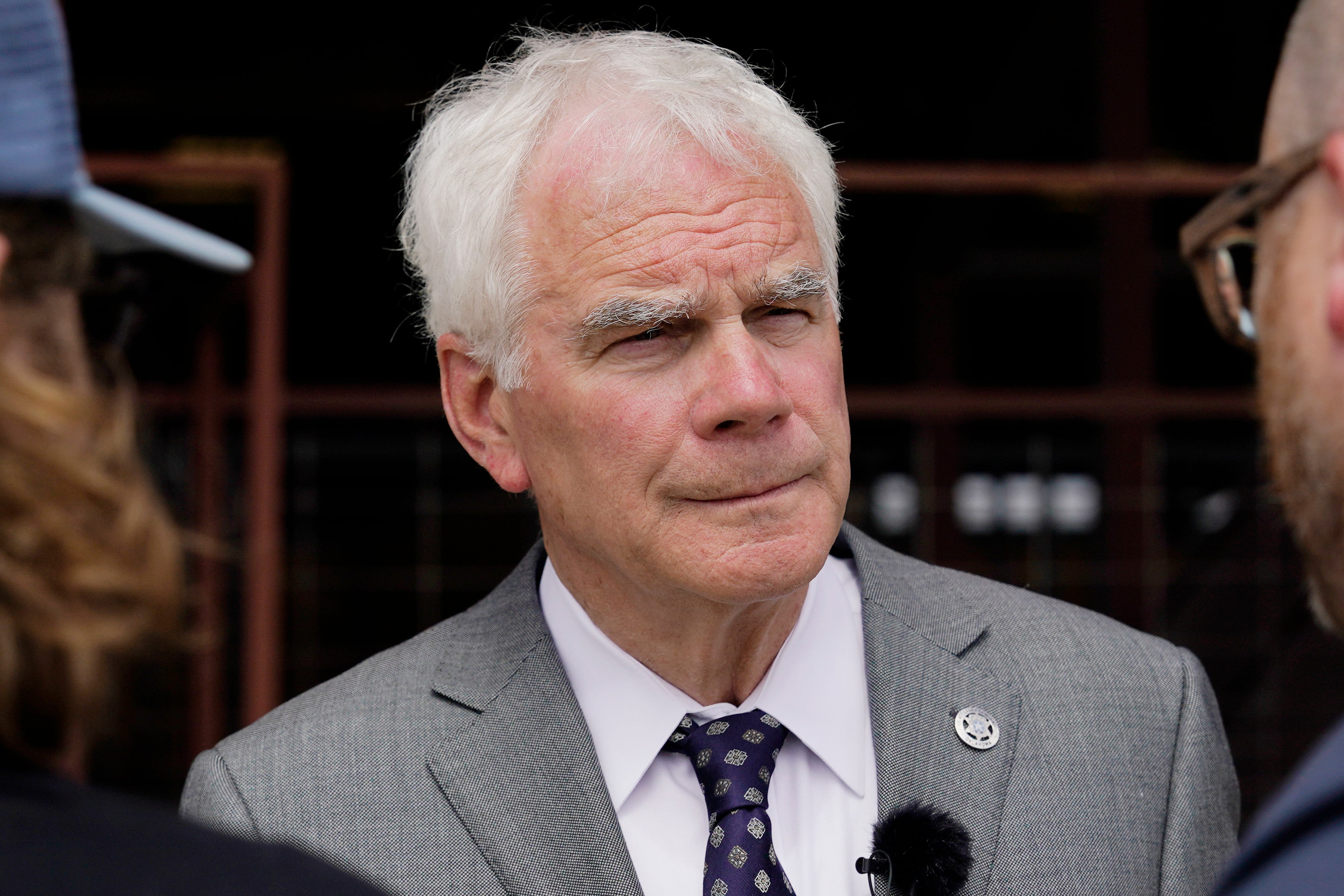Oklahoma attorney general seeks execution dates for 25 inmates
‘For the sake of the victims’ families, many of whom have waited for decades — as many executions as possible are set four weeks apart’ the state’s attorney general said

Your support helps us to tell the story
From reproductive rights to climate change to Big Tech, The Independent is on the ground when the story is developing. Whether it's investigating the financials of Elon Musk's pro-Trump PAC or producing our latest documentary, 'The A Word', which shines a light on the American women fighting for reproductive rights, we know how important it is to parse out the facts from the messaging.
At such a critical moment in US history, we need reporters on the ground. Your donation allows us to keep sending journalists to speak to both sides of the story.
The Independent is trusted by Americans across the entire political spectrum. And unlike many other quality news outlets, we choose not to lock Americans out of our reporting and analysis with paywalls. We believe quality journalism should be available to everyone, paid for by those who can afford it.
Your support makes all the difference.Oklahoma's attorney general has asked the state's highest appeals court to set execution dates for 25 death row inmates following a federal judge's rejection of their challenge to the state’s lethal injection method.
In 25 similar filings with the Oklahoma Court of Criminal Appeals on Friday, Attorney General John O'Connor wrote that the federal court's stays of execution are no longer in place and that therefore there are no longer any legal impediments to executing the inmates, who have exhausted their appeals.
The state Department of Corrections has asked that the first execution be set no earlier than 25 August, Mr O'Connor wrote. He asked that the dates be set at four week intervals due to the time required for a clemency hearing for each inmate prior to an execution, and that the DOC requested executions be set at least 35 days after the court's order.
“For the sake of the victims' families, many of whom have waited for decades — as many executions as possible are set four weeks apart,” Mr O'Connor wrote.
The state’s attorney general suggested that the first inmate who should be put to death is James Coddington, whose 10 March execution was postponed after US District Judge Stephen Friot allowed him to join the lawsuit that ultimately failed.
A phone call to the office of an attorney for Coddington rang unanswered Saturday. Defense attorneys have previously said Coddington has a mental illness.
Coddington was convicted and sentenced to die for the 1997 hammer killing in Choctaw of co-worker Albert Hale, who prosecutors said had refused to lend Coddington $50 to buy drugs.
Second on the list, which the filing said was proposed based on when each inmate's appeals were exhausted, would be Richard Glossip, the lead plaintiff in the federal lawsuit. He was hours from being executed in September 2015 when prison officials realised they had received the wrong lethal drug.
It was later learned the same wrong drug had been used previously to execute an inmate, and executions in the state were put on hold.
Glossip, who was twice convicted and sentenced to die for killing Barry Van Treese, the owner of the motel where Glossip worked, has maintained his innocence.
Don Knight, Glossip's attorney, noted that a group of Republican lawmakers who question Glossip's guilt have requested a review of the case.
“Those findings could reveal exculpatory information previously unknown until this point,” Mr Knight said in a statement. “Until everyone has the opportunity to examine the final report, the Attorney General has a moral duty to delay the execution of Richard Glossip.”
Executions in Oklahoma resumed in October with John Grant, who convulsed on the gurney and vomited before being declared dead. Since then, three more executions were carried out without noticeable complications, most recently inmate Gilbert Ray Postelle, who was put to death 17 Feb.
Federal public defender Jennifer Moreno, one of the attorneys who represented the inmates in the failed federal lawsuit, has said an appeal of Friot's ruling was being considered.
She didn't immediately reply to Saturday messages seeking comment.


